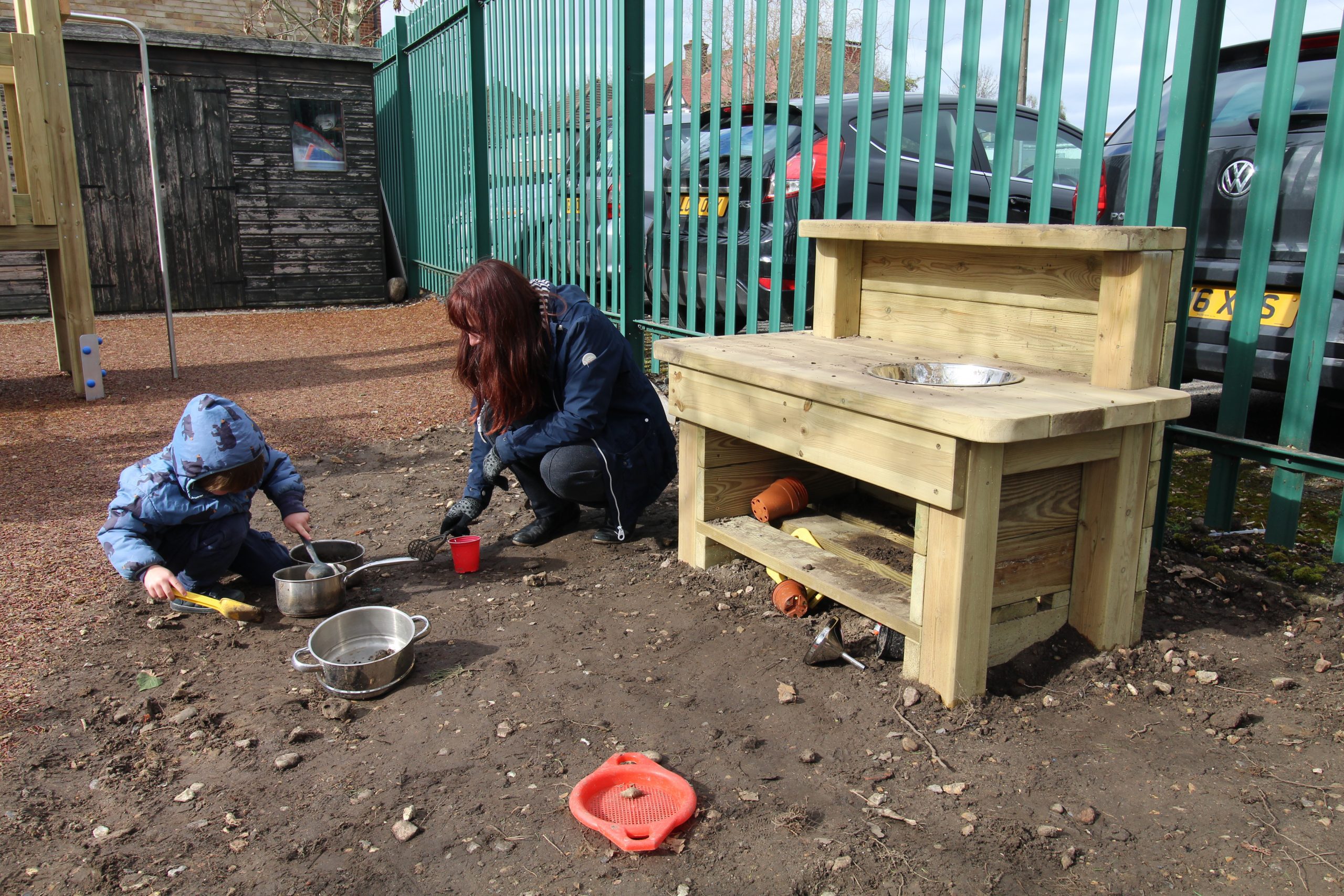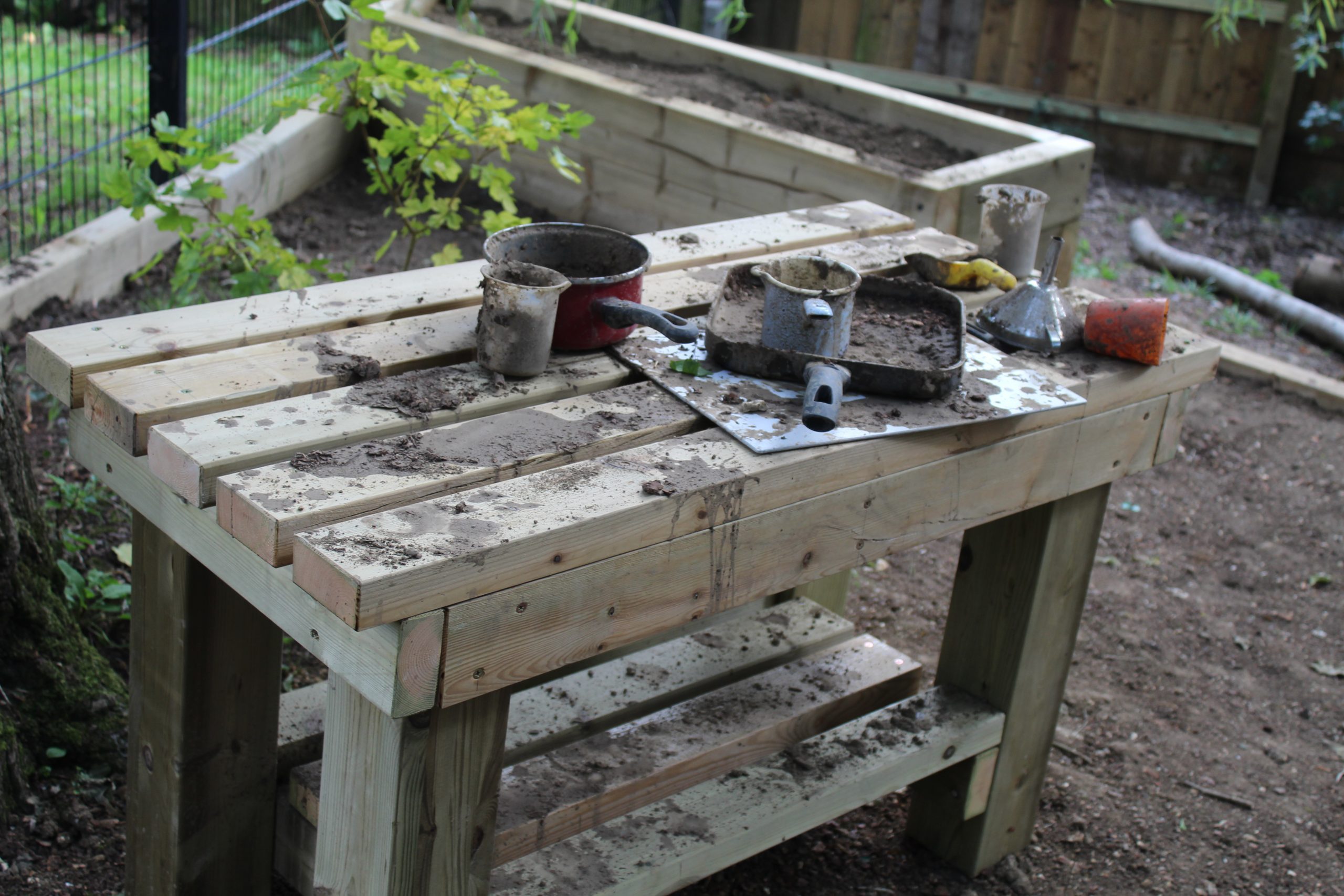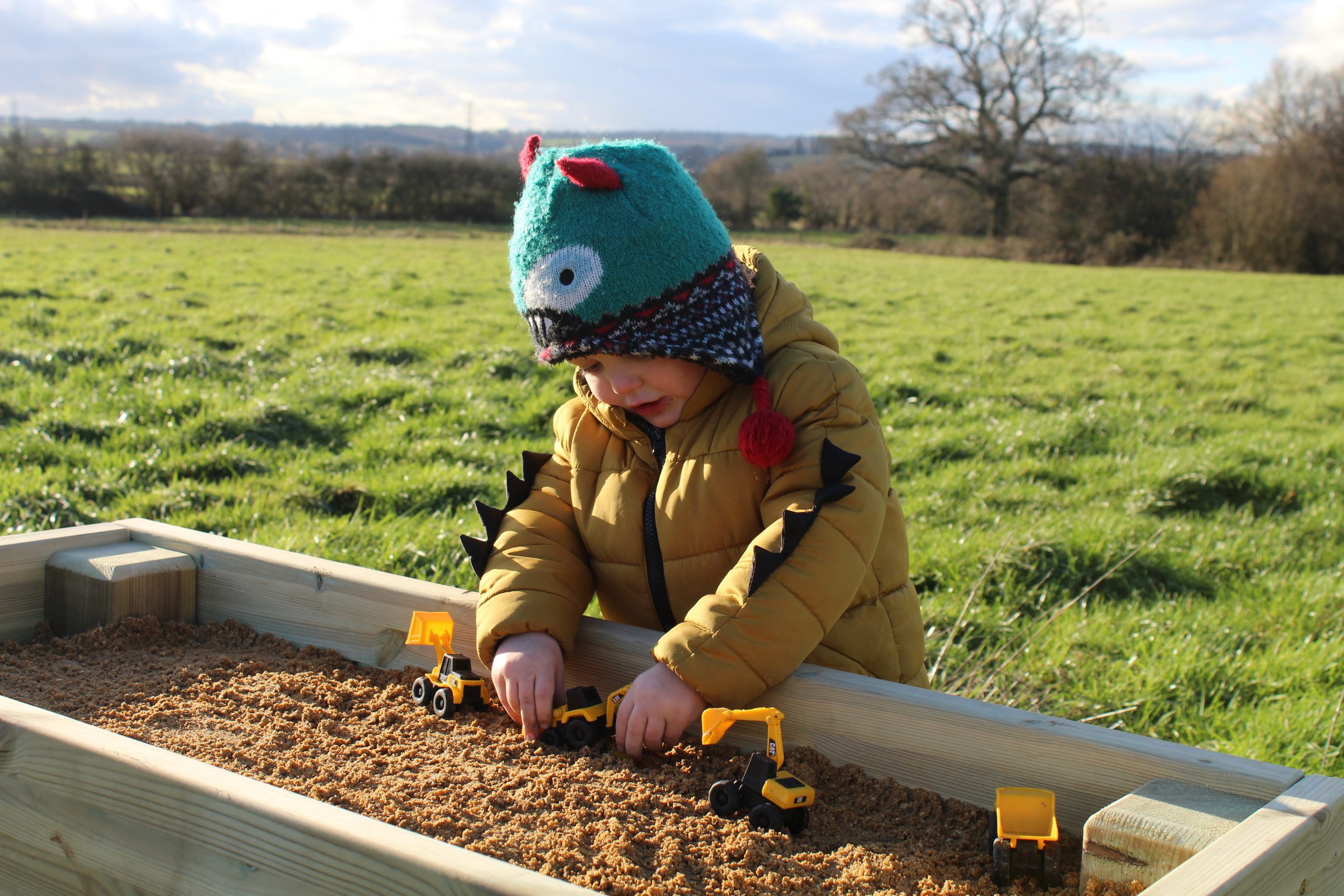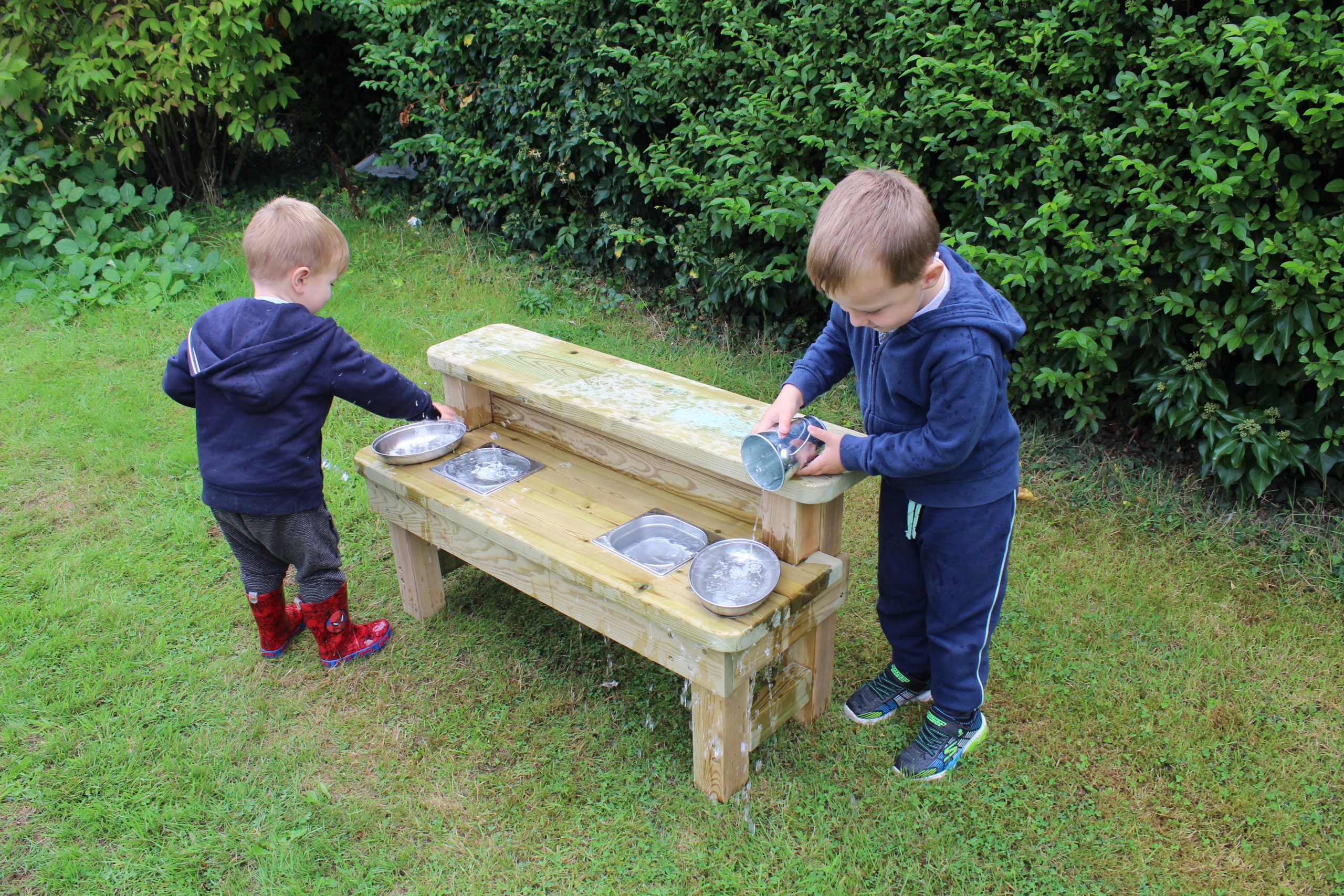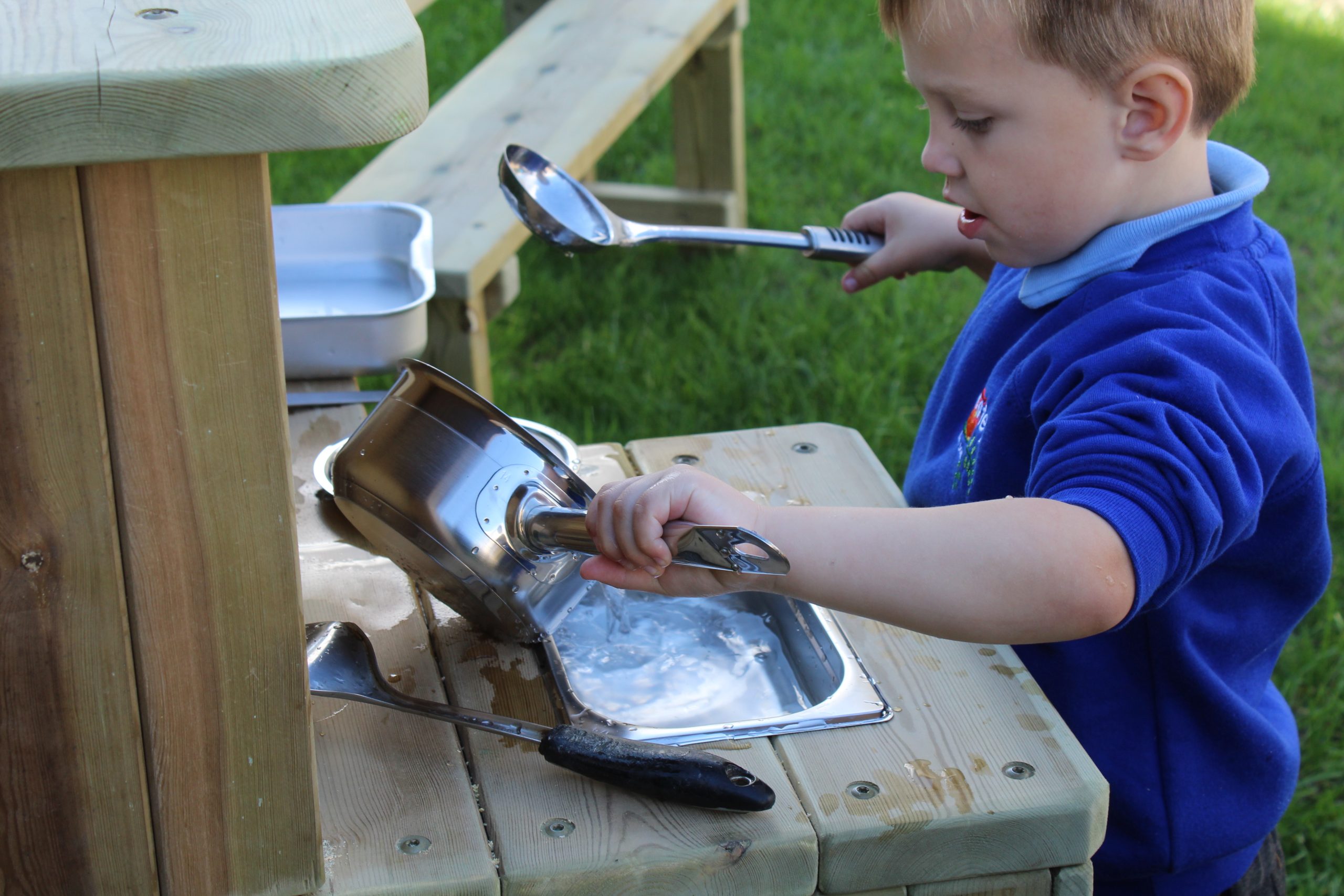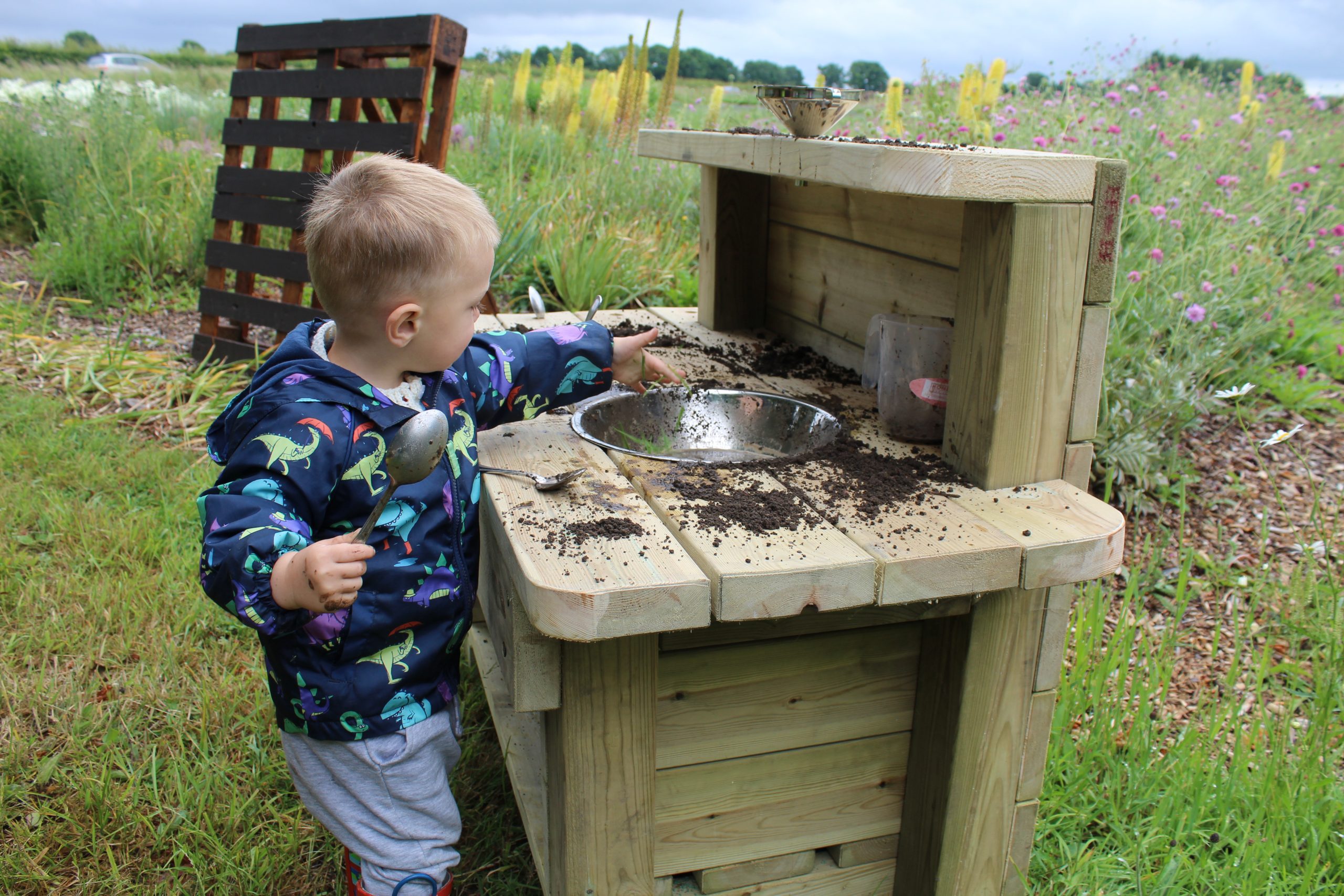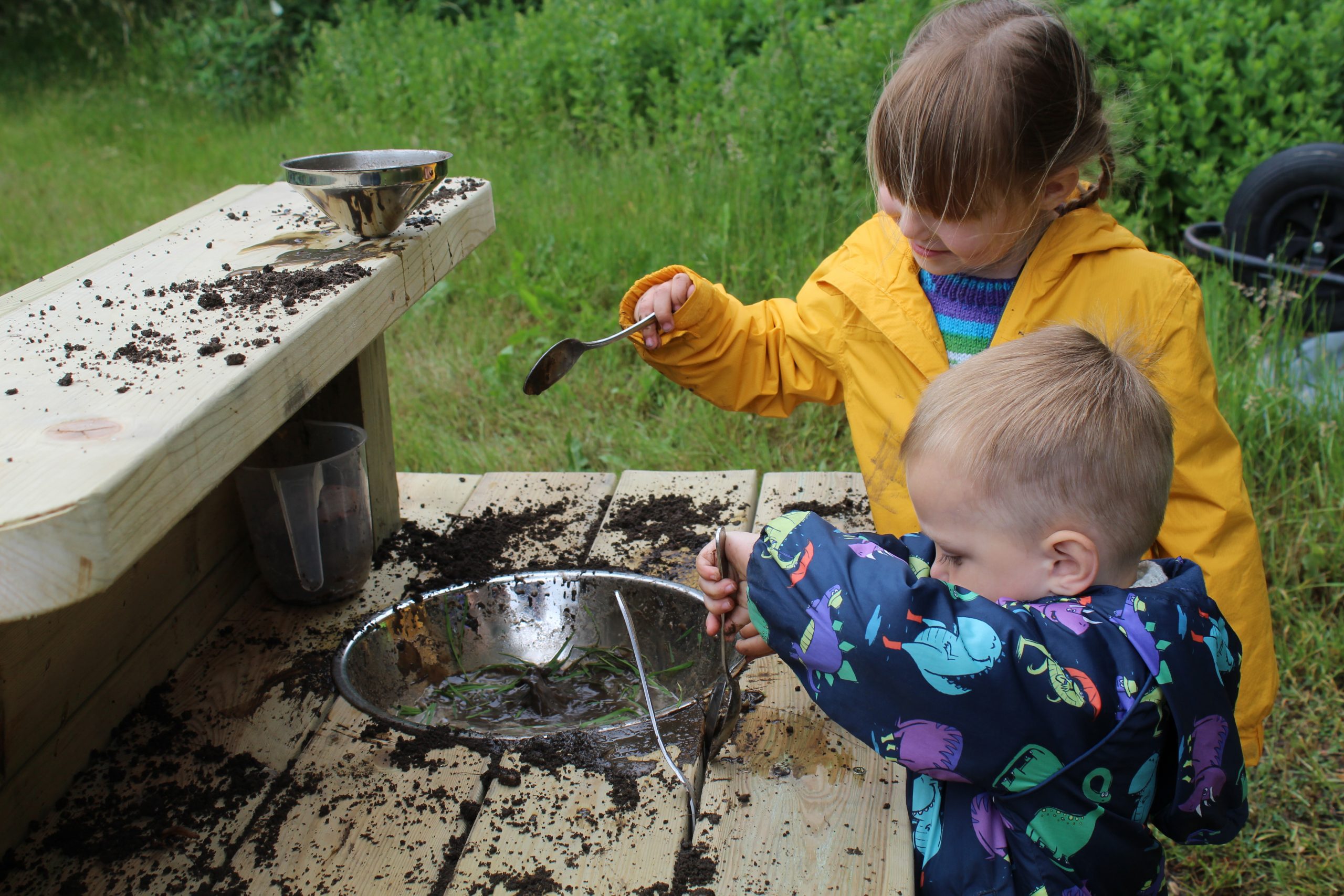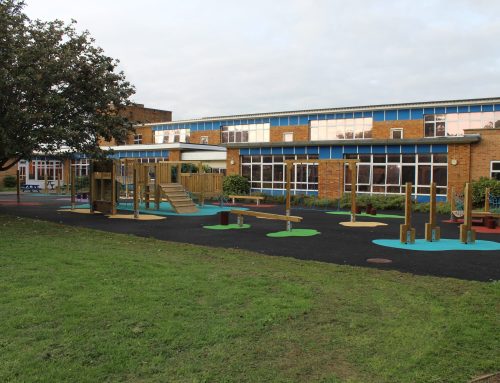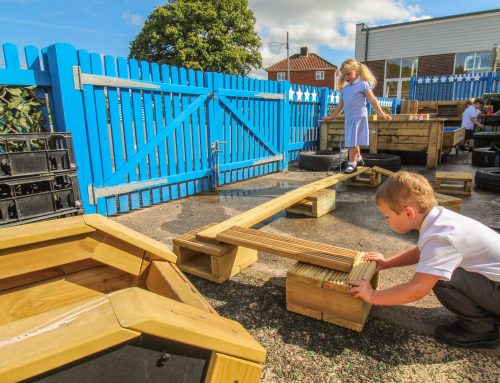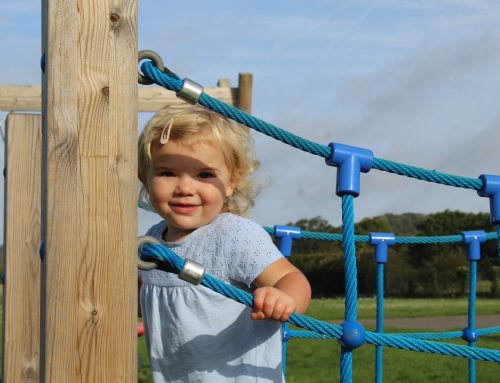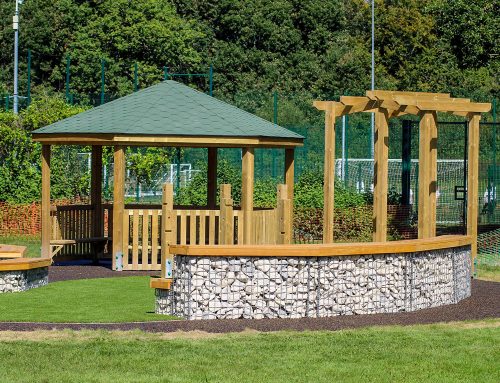Benefits of outdoor play
Let’s talk about those friendly microorganisms. Mostly harmless and ever-present, they help regulate the immune system by preventing overreactions to perceived threats. Children encounter these beneficial bugs while playing outside, but with less outdoor play, their immune systems may become more sensitive to even minor threats.
Surprisingly, these microorganisms also help the body manage stress. Normally, when the body feels threatened, it triggers inflammation as a defense against injury. While useful in the past, this reaction is unnecessary for the stresses most people face today. By interacting with these microbes in nature, children’s immune systems become better equipped to handle stress without overreacting.
Recognizing these benefits, more schools and nurseries are incorporating outdoor activities, like nature walks and lessons. Mud kitchens, for example, are a fun and affordable way to get children playing outside. All you need are pots, pans, soil, and water, and as kids let their imaginations run wild, they’re also strengthening their immune systems in ways that could benefit them for years to come!

